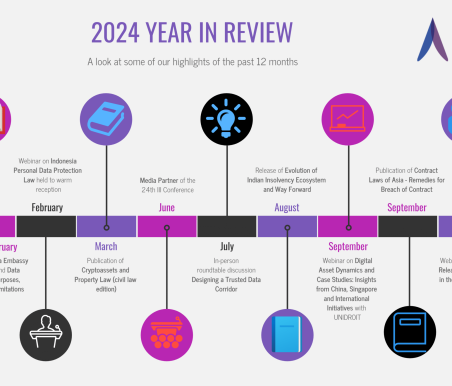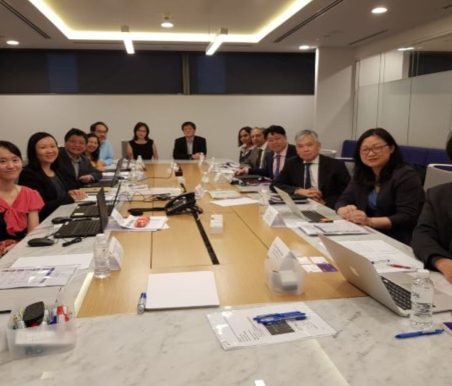Despite its increasing popularity and usage, the term online dispute resolution, or ODR, suffers from a lack of clarity. Some see it as the online version of alternative dispute resolution or even dispute resolution in general, which accelerated since early 2020 due to practical needs brought about by the pandemic. Others understand ODR to be the internal or on-platform services offered by e-commerce operators to primarily resolve e-commerce consumer disputes. Further still, is the association between ODR and automated dispute resolution, or “robot justice”, where algorithm is employed to come up with the “optimal” resolution for a dispute.
There also appears to be insufficient understanding of the actual operation of real-life ODR use cases around aspects such as the nature of the ODR operator, the method of ODR, the legal basis of ODR, to name a few.
It is in this context that ABLI presents its new report Online Dispute Resolution in Asia (ODR Report). The ODR Report aims to provide some clarity to the ODR concept by examining several main ODR schemes operating in three key Asian economies: China, India and Singapore, a mix of civil and common law jurisdictions in different parts of a region with varying level of economic and institutional development.
The schemes examined by the ODR Report are representative of private, public and hybrid forms of ODR, and are utilized to resolve different types of disputes, i.e., e-commerce consumer disputes, disputes over tax assessment and employment-related disputes. From this detailed landscape scanning, the ODR Report has distilled six common denominators that may serve to distinguish ODR from other forms of “traditional” or “alternative” dispute resolution. Those factors are:
- the participants engage with the dispute resolution procedure asynchronously;
- the dispute resolution procedure occurs out-of-court;
- the dispute resolution service provider exercises limited subject matter jurisdiction;
- the exercise of the dispute resolution service provider’s limited subject matter jurisdiction is exclusive;
- the outcomes of the dispute resolution procedure are immediately enforceable; and
- the dispute resolution service is provided for a low, or no, fee.
It is ABLI’s hope that the ODR Report can aid the understanding of ODR by readers from diverse backgrounds, as well as the further development of ODR by policymakers and industry players in Asia.
The ODR Report (full version) is available here. A freemium version can be downloaded here.






